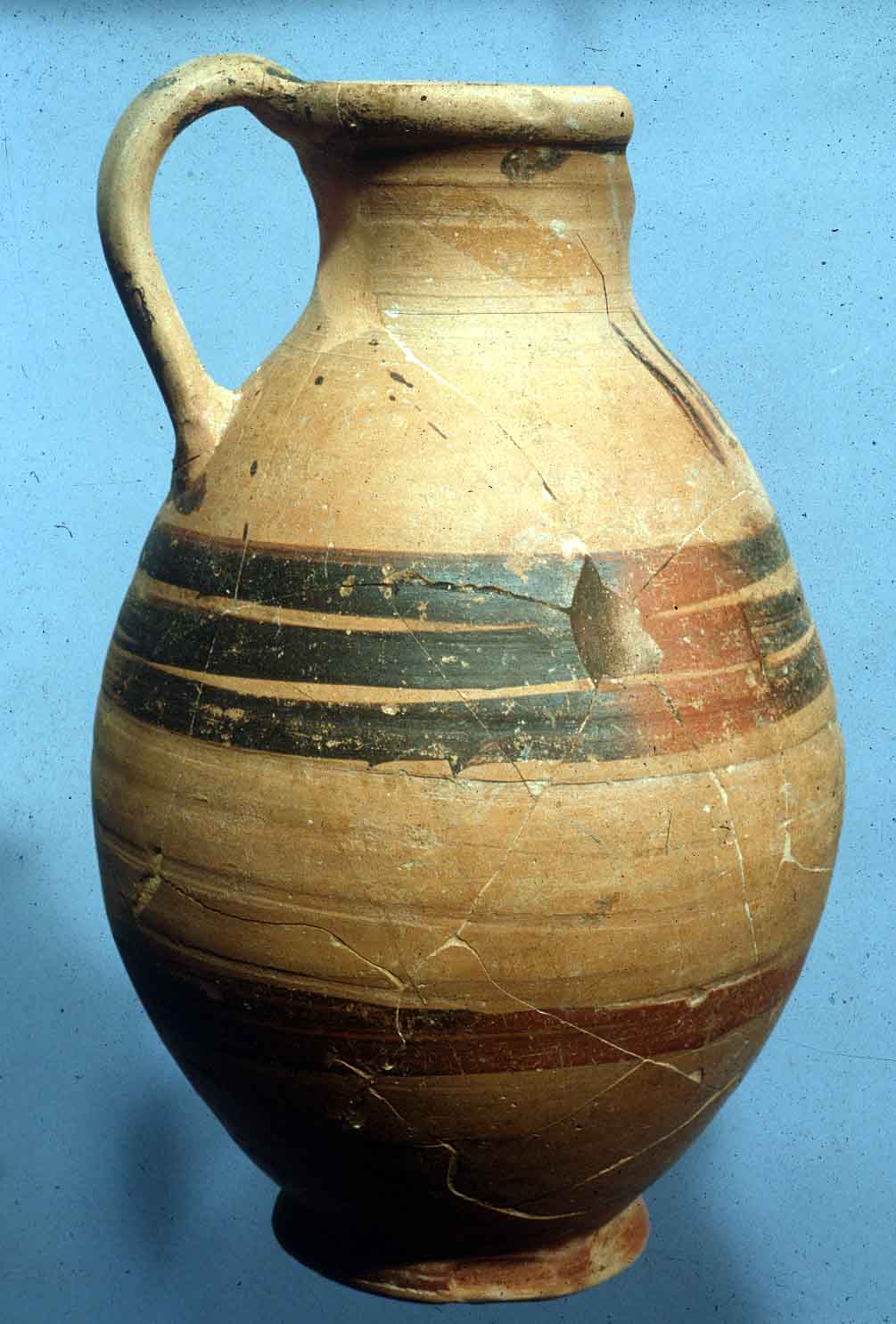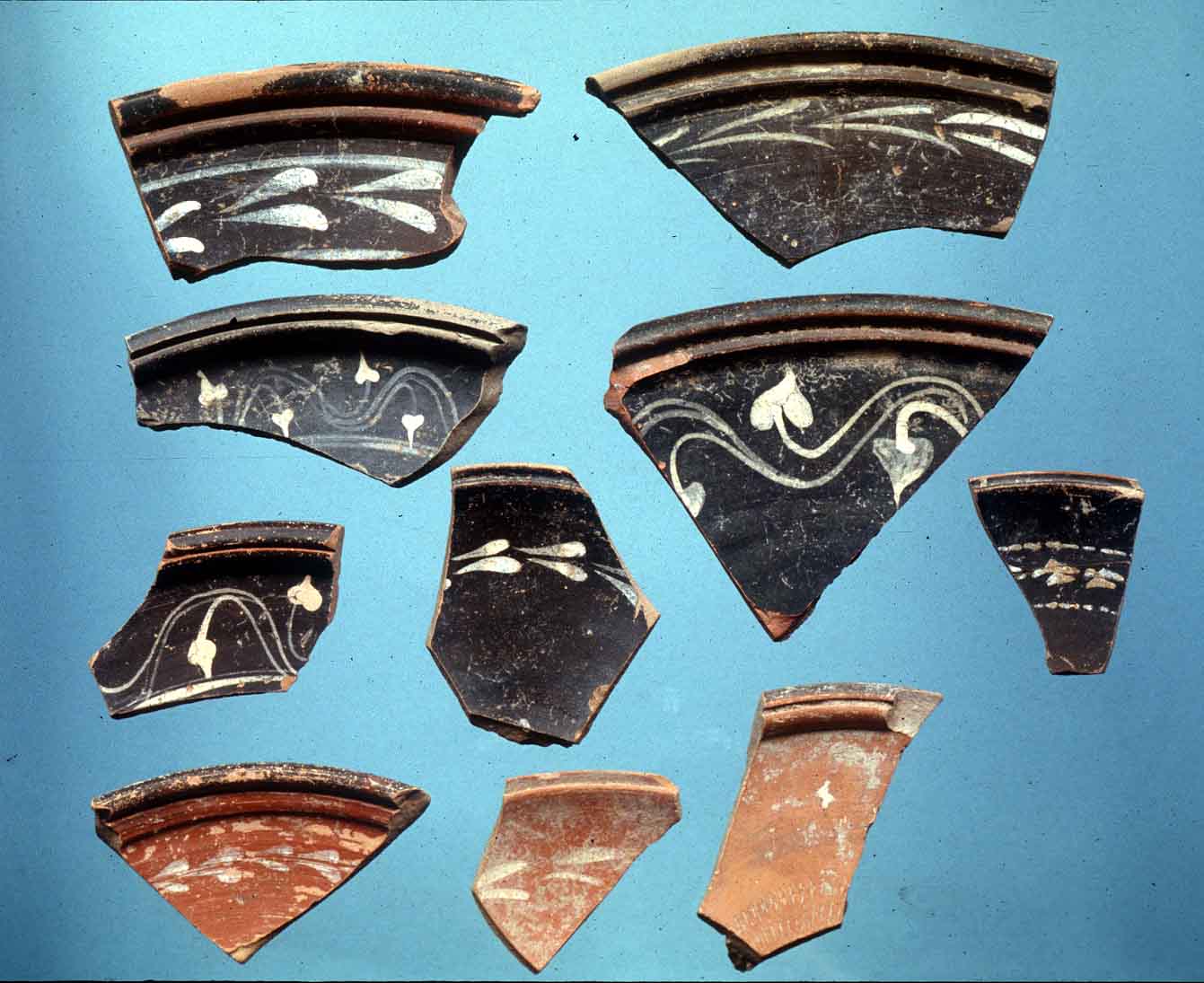The Hellenization of the East
Four hundred years after being incorporated into an imperial framework (that of the Assyrians), an even greater cultural transformation takes place, as the East is subjugated politically – and some would say also culturally - by Alexander the Great and Hellenic culture. The takeover of the East is often described as "Hellenization," a problematic and increasingly criticized term used to describe people and things in the process of "becoming Greek.
 The historical facts of this metamorphosis seem quite straightforward - between 334
and 330 BCE Alexander the Great, coming out of Macedonia, defeats the Persian emperor
and brings the word of Greek
enlightenment to all of his territories. Soon after Alexander's death, Hellenistic
kingdoms mushroom from Egypt to Afghanistan. But why, after being established in place
for millennia, did all of the Eastern civilizations capitulate their rich variety of
religions, arts, mythologies and philosophies within a few years? Archaeological
investigation, at Dor and at other places, tells a more intricate story.
The historical facts of this metamorphosis seem quite straightforward - between 334
and 330 BCE Alexander the Great, coming out of Macedonia, defeats the Persian emperor
and brings the word of Greek
enlightenment to all of his territories. Soon after Alexander's death, Hellenistic
kingdoms mushroom from Egypt to Afghanistan. But why, after being established in place
for millennia, did all of the Eastern civilizations capitulate their rich variety of
religions, arts, mythologies and philosophies within a few years? Archaeological
investigation, at Dor and at other places, tells a more intricate story.
The Phoenicians, well-known for their role in bringing Near Eastern civilization to the Mediterranean, also served as conduits for influences going the other way. Many believe that the Phoenician towns were pre-disposed towards Hellenization before Alexander's conquests, and thereafter served as catalysts for the Hellenization process.
The first Greek imports to Dor date as early as the tenth century BCE. This trickle is greatly enhanced after Assyrian occupation, and, by the fourth century BCE, most of the table ware at Dor is imported from Greece. By the mid-fourth century, Hellenic-type wares are probably locally produced and distributed. Figurines of the Persian period show deities with Greek-type attributes alongside traditional Phoenician 'fertility goddesses' and types associated with the ruling Persian cosmology. straca and graffiti show that the locally spoken language was changing from Phoenician to Greek decades before the political fact of Alexander's conquest. By the Roman era, and perhaps sooner, the inhabitants of Dor sometimes claimed a Greek heritage. Yet most archaeologists would consider that the Dorians behaved in a way that was also Phoenician. Aspects of traditional Phoenician culture persist well into the Hellenistic period and even later, challenging the idea of a Greek cultural hegemony in the East.



